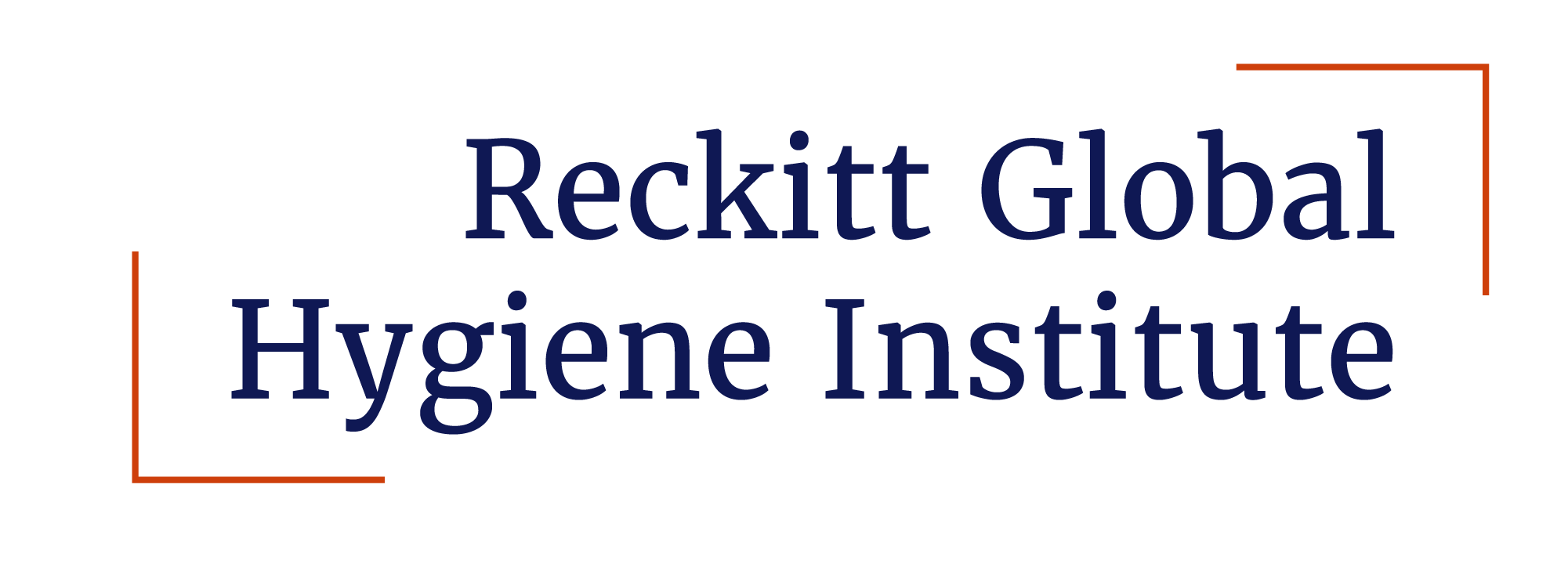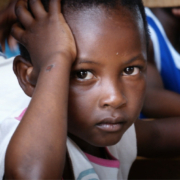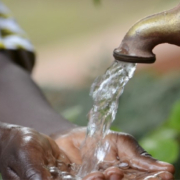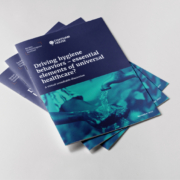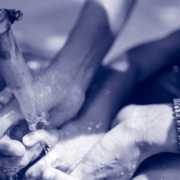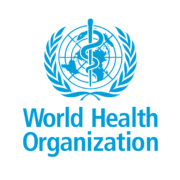Improving hygiene in Africa includes addressing hygiene and sanitation policy
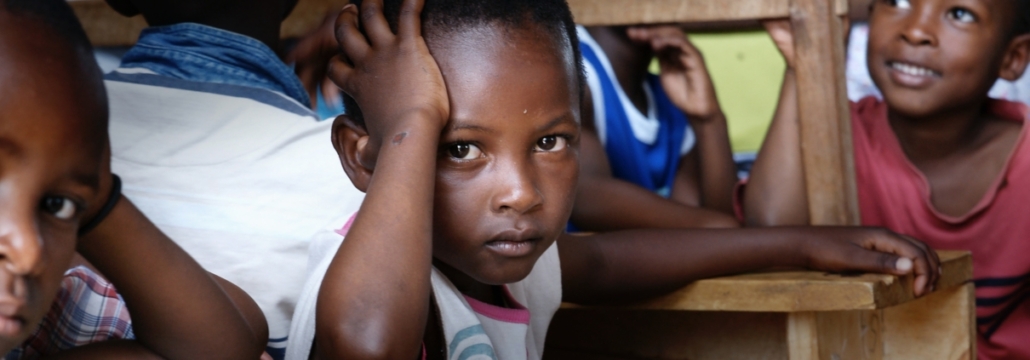
A lack of running water in homes, inadequate hand hygiene services in health care facilities, and a lack of information on the need for basic hygiene practices are just some of the challenges low- and middle-income countries (LMICs)—including many in Africa—face when it comes to hygiene.
These deficits have significant health ramifications and stand in the way of countries achieving the 2030 Sustainable Development Goals (SDGs), and specifically SDG goal 6, which is to “ensure availability and sustainable management of water and sanitation for all.” All United Nations member states adopted the SDGs in 2015.
Among the illnesses related to poor hygiene, diarrhea, for example, is the second biggest killer of children under five years old worldwide; and this is mainly attributed to limited access to improved water and sanitation, according to the World Health Organization (WHO).
Research by WHO and UNICEF shows that in order to achieve the SDGs, Africa will need a 42-fold increase over its current rate of progress on basic hygiene services to meet the needs of 839 million people who lack these services.
Key to increasing progress on basic hygiene services is creating the right policy environment, said experts at a World Water Week (WWW) event held in Stockholm, Sweden, in August. RGHI agrees that the right policy environment is an important element to improve hygiene worldwide.
Speakers at a WWW session on the state of the sanitation and hygiene policy environment in Africa addressed this issue. “Inclusive policies, institutional arrangements, regulations and financing constitute the policy instrumental in the delivery of sustainable sanitation services,” said Tahany Mostafa Youssef Selit, head of the central department for external cooperation of the Nile Water Sector in Egypt’s Ministry of Water and Irrigation. “Unfortunately, existing weaknesses in these areas are slowing the pace toward achieving SDG 6.”
“We believe that comprehensive policies will pave the way to developing implementable strategies and inform the right partnerships to deliver safely managed sanitation and hygiene,” said Selit, who is chair of the African Ministers Council on Water (AMCOW) Technical Advisory Committee.
To address the need to improve policies, AMCOW released the African Sanitation Policy Guidelines in 2021, which outline how to create sanitation policies and include factors to consider when formulating policies on hygiene behaviour change, among other topics. Together with UNICEF, the council is currently assessing 20 African countries to identify weaknesses in their policy environments and to establish a baseline from which to monitor the uptake of the guidelines, Comfort Kanshio, an AMCOW policy officer for water, sanitation and hygiene, told WWW attendees.
“We need to understand what the landscape looks like [and] what gaps are there, and how countries will be supported to strengthen weaknesses,” said Kanshio. She noted that common missing elements in some national policy documents include mention of climate change and sanitation-resilient systems, appropriate technologies for safely-managed sanitation, funding and financing, operation and maintenance, menstrual hygiene management, and research and development. The next steps will be to come up with solutions to accelerate access to sanitation and hygiene services, she said.
Improving the policy environment is vital to improving hygiene globally, said David Wheeler, acting executive director of RGHI.
“In order to identify where the gaps are in hygiene practices and facilities, policymakers need more practical, high-quality scientific research that can then be used to form better policies and budgets that will allow for change and the saving of lives,” Wheeler said.
“Diarrheal disease, respiratory illnesses, infectious blindness, and other ailments cause preventable sickness and death to millions of children each year as a result of poor hygiene. In addition, poor hygiene damages future prospects in low-, middle-, and even high- income economies,” Wheeler said. “Investing in hygiene behaviour change now will save lives and bolster economies down the line.”
“If countries in Africa and elsewhere can significantly improve hygiene and sanitation, including improving hygiene behavior, there could be significant gains in public health, the economy, and so much more. Having the right policy environment is an important step in this direction,” Wheeler said.
The upcoming Global Hygiene Symposium 2023, set for December 6-8 in Singapore, will bring together researchers, policymakers, and practitioners from many countries to explore the potential benefits of closer collaboration and integrated approaches between the hygiene fields and within wider development goals.
